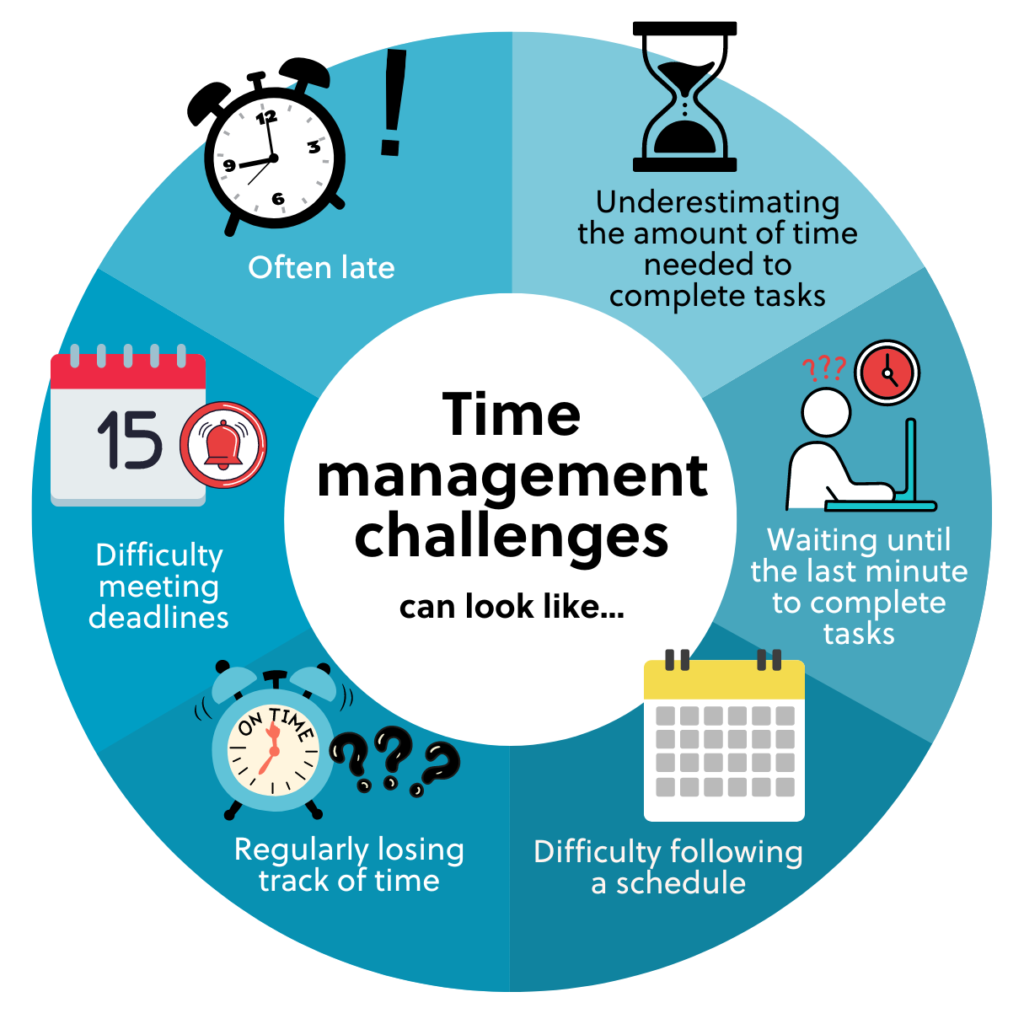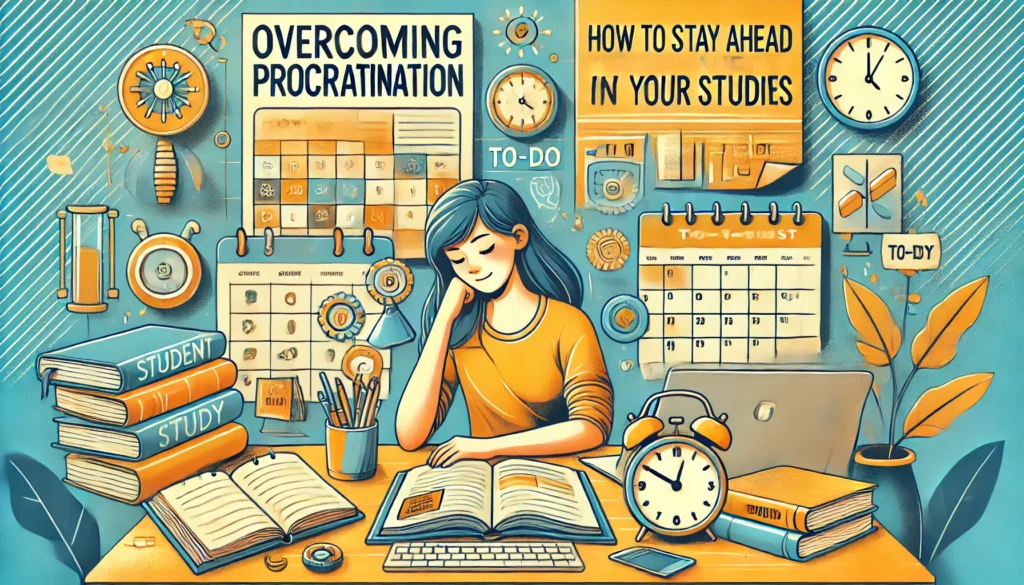Are you working while in graduate school? Learn 5 specialized time management tactics to help you effortlessly master your schedule, reduce your stress levels, and achieve your goals—all with statistical and real-world evidence to support it.
Introduction: It’s Difficult Balancing Act Between Work and School
Successfully managing graduate study and work is like trying to solve a Rubik’s cube while running a marathon—it is tiring, but doable. A study by Georgetown University reveals that 70% of graduate students are employed while studying and 43% claim to experience chronic stress from trying to do both simultaneously. Common pain points include:
- Lack of Time management: “I simply do not have enough hours in the day.”
- Mental Exhaustion: Constant multitasking.
- Self-Guilt: Neglecting personal relationships or self-care.
- Fear of Deadlines: Procrastinating on work and getting behind.
Now imagine it’s possible to turn chaos into an organized structure. We have summed up the 5 methods rooted in research that will make it easier for you to balance both domains harmoniously.
5 Methods Rooted in Research that Improves Time Management
1. Relinquishing Time Control to Your Calendar: Start Block Scheduling
Essentially The Problem: In the absence of a system, school and work activities often mix together which results in feelings of stress.
Plan Of Action: Manage your time through a system of block scheduling. Divide your day according to hours and assign a particular task for each block of time, similar to a CEO’s agenda.
How To Achieve This:
- Step 1: Use Google Calendar or a planner to split your time into blocks (like 9 AM – 12 PM Work Projects, 7 PM – 9 PM Thesis Research).
- Step 2: Always factor in time for breaks and unplanned tasks.
- Step 3: Treat the schedule like a job.
Why it works: According to a 2022 study in Time Management Journal, Time blocking optimally improves productivity by 25 – 30 percent. Check out the guide by scanning the Time-Blocking link.
Case study: Maria, an MBA student studying finance, used it with her capstone project and coursework in conjunction with a 50-hour work week. Her secret? “Treat study blocks like appointments you can’t change.”
2. Use Productivity Apps: Your New Best Friends
The Challenge: Failing to meet deadlines due to assignments getting lost in the shuffle.
The Solution: Free software such as Todoist and Trello consolidate task lists, deadlines, and reminders.
Top Picks:
- Todoist: Assign priorities to each task using colored labels. (“Work Report” vs “High Priority Work Report”).
- Toggl Track: Keep track of hours spent on a task to figure out where the time sinks are. (“What took me 90 minutes for an email?”).
Stat: Students using productivity apps cut down their time spent tasking managing by 40%. Scan the Asana 2023 link above for more details.
3. Fuel Your Thesis Motivation: The ‘Why’ Behind the Work
The Challenge: Losing motivation towards the middle of the research processes or during particularly late writing sessions.
The Solution: Revisit your deepest drivers and ask,
“Which is more beneficial for my career: The thesis or the degree?”
“What difference will this thesis make?”
Pro Tips:
Add inspiring phrases or career objectives in a unique vision board.
Segment the thesis into manageable micro tasks like “Complete 300 Daily words”.
Link: Use our Thesis Motivation guide for different motivational hacks that you can use throughout the day.
Stat: According to a Harvard study, students who daydreamed about long term goals were twice as likely to push through hardships.
4. Prioritize Self-Care: You Can’t Pour from an Empty Cup
The Challenge: Losing sleep or socializing to keep up with the ever-increasing demands leading to self-burnout.
The Solution: Treat self-care routine as final exam prep; best not to ignore the personal needs.
Science-Backed Habits:
- Mindfulness meditation for 10 minutes using Headspace or similar apps can lessen stress by 28% (APA, 2023).
- 20-minute power naps have been shown to increase alertness by 35% (NIH).
- Weekly, all encompassing “unplugged” hours. No emails, no textbooks, no nothing. Just pure rest.
Link: Look at our Self-Care toolkit to learn how to recharge without feeling guilty.
5. Study Smarter with Flashcards: Make Use of the Downtime
The Challenge: Spending lunch breaks or commutes scrolling through social media.
The Solution: Quick review of course material through apps Anki or Quizlet in five minute intervals.
Why Flashcards Work:
- Retention is enhanced by 50% due to spaced repetition (University of Waterloo).
- Perfect for mastering words, figures, or languages.
Pro Tip: Combine devices to ease the use of flashcards during coffee breaks or on the bus.
Link: Check our Flashcards guide for advanced techniques.
Real-World Success: Meet Alex, the Grad School Superstar
Alex balanced working 35 hours a week as a nurse with pursuing a Master’s in Public Health by:
- Time-Blocking shifts, classes, and prep time.
- Tracking Todoist assignments with work tasks.
- Doing Anki flashcard reviews on the subway.
- Designating Friday nights as ‘fun time.’
Result: Graduated with honors and stayed sane.
Conclusion: Your Blueprint for Work-School Harmony
Managing a career and graduate school isn’t about time, it’s about how one uses the time they have. With methods like time-blocking, productivity apps, and self-care, you can not just survive, but thrive.
Ready to Take Control?
- Start planning your week with our free Time-Blocking Template.
- Use Flashcards to prepare for exams during breaks.
- Book a 1:1 coaching session for tailored time management advice.


